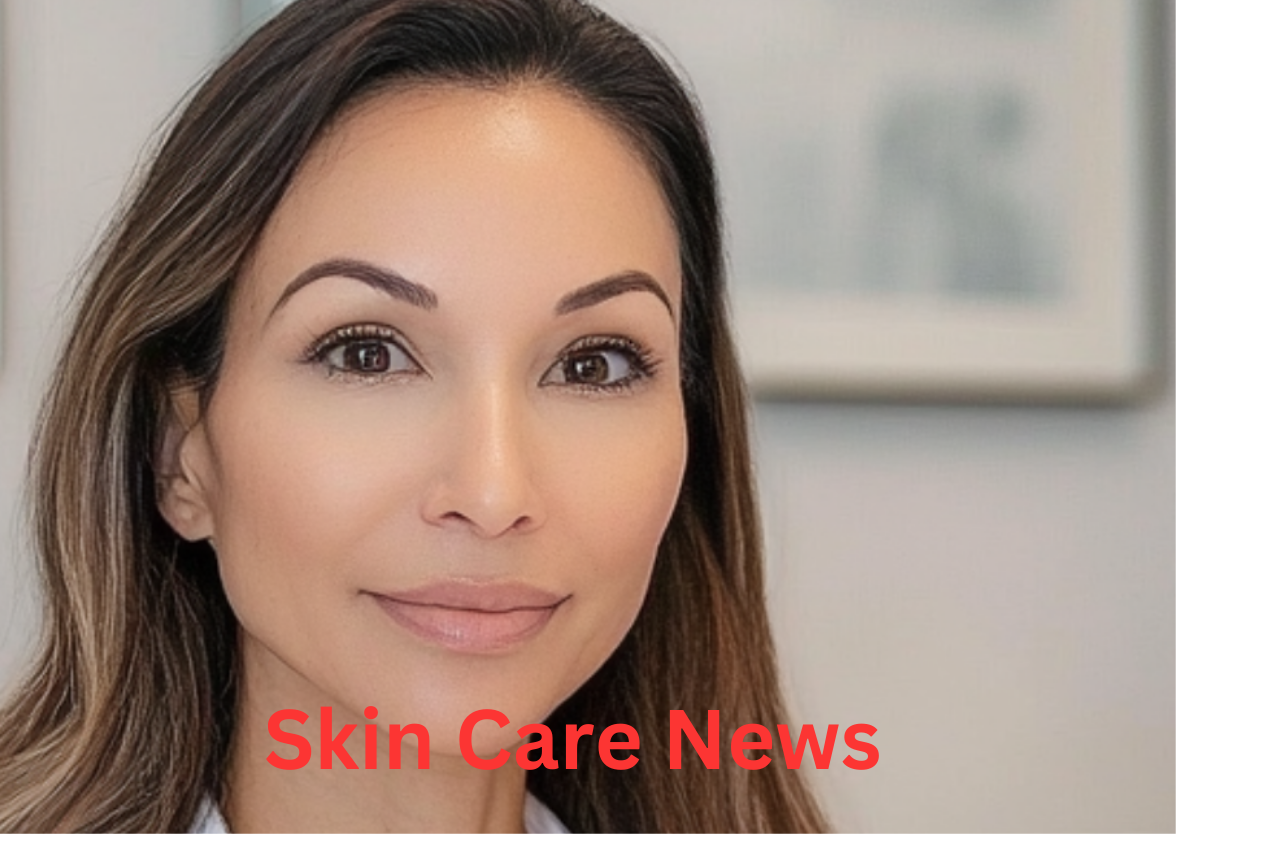Doctors say to follow this easy routine.
On social media, girls are overwhelmed with advice from influencers promoting complex skin care routines involving expensive serums, mists, and creams. But what is the appropriate skin care routine for preteens?
According to dermatologists, simplicity is key. Prior to puberty, most children only require three items: a mild cleanser, a moisturizer, and sunscreen.
“Nothing else is necessary. Period. That’s all,” states Dr. Sheilagh Maguiness, a dermatologist based in Minneapolis.
She and various dermatologists across America have noticed an increasing count of teenagers and preteens using anti-aging skin care products. In certain instances, these adult-grade products have harmed the skin of young girls. Furthermore, the fixation on replicating the appearances seen on the internet has sparked worries regarding its effects on their psychological well-being.
Numerous renowned products from brands like Drunk Elephant and Glow Recipe, priced at $70 or even higher, include potent ingredients such as retinols and hydroxy acids. These are designed for aging skin and can cause irritation to younger skin, potentially harming the skin barrier. Specialists argue that these are not needed and are a misuse of funds for kids.
Adolescents and preadolescents don’t require anti-aging items. As stated by the Personal Care Products Council, the industry association for beauty companies: “Anti-aging products are generally not needed for younger skin.”
Dermatologists suggest brands such as Cetaphil, CeraVe, and La Roche-Posay for tweens, which are readily accessible in pharmacies.
When adolescence begins, teenagers may have to deal with skin problems caused by hormonal shifts such as acne, excess sebum, dark spots, blackheads, and others. If a problem appears severe, it’s advisable to see a dermatologist.
In the case of launching a new product, particularly if it involves a strong ingredient, proceed with caution.
“Should they express a keen interest in using a product and discovering its hype, suggest, ‘Why don’t we conduct a skin test before you apply it all over your face,'” advises Maguiness, a professor of pediatric dermatology at the University of Minnesota. Apply a small amount on the inner arm for several days, and if there’s no adverse response, then it might be safe to test on the face.
Identifying if a skincare product is detrimental
Symptoms of an allergic response may include redness, itching, skin peeling, a burning or stinging sensation, or small raised spots.
“All these are indicators that you should discontinue a product,” states Dr. Carli Whittington, a dermatologist from the University of Indiana School of Medicine. Persisting with products that provoke irritation may result in further serious skin harm.
Frequently, children are unaware that the fashionable items they use may consist of damaging components.
In Scottsdale, Arizona, Dr. Brooke Jeffy had a patient aged 11 with an extreme rash around her eyes. The young girl had been applying a retinol eye cream that resulted in irritation and itchiness. The condition deteriorated as she persisted in its usage and scratched her skin.
“She was using an eye cream for a condition she didn’t have and has now created this dramatic problem that is going to take months to resolve,” said Jeffy, one of many dermatologists now on TikTok and Instagram trying to debunk harmful social media trends with posts on “Do’s and Don’ts” for tween skin care.
Encouraging good skincare practices
Engelman suggests using a timer for skincare, akin to how certain parents prompt their children to brush their teeth for two minutes. In her opinion, kids shouldn’t need more than five to ten minutes for their skincare regimen.
She cautions, “If you’re adhering to a 13-step skincare routine that consumes 45 minutes each night, that’s overkill.”
Maguiness recommends parents to converse with their kids who show excessive interest in skincare about the popular trends they’re pursuing and their motives.
“Use this as an opportunity to teach and inquire: ‘What’s appearing on your social media feeds? Do you believe the star is receiving compensation from the firm? Do they seem to be attempting to market a product to you? Do you believe this is truly beneficial for your skin?'” she suggests. Read More

